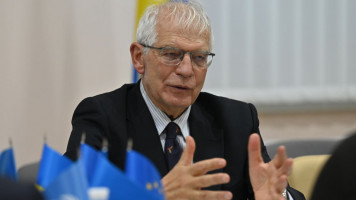Daughter of Uyghur scholar urges China to release father for Eid al-Fitr
The daughter of a detained Uyghur scholar called on China to release her father for Eid Al-Fitr in an emotional plea shared on social media.
Tumaris Yalqun released a video on Twitter early on Tuesday urging for the "immediate" release of her father, Yalqun Rozi, who was unlawfully arrested and imprisoned six years ago by Chinese authorities.
Rozi was a literary critic and writer among the first wave of Uyghur intellectuals to be detained in 2016.
The People’s Republic has since orchestrated a systematic campaign to persecute the Uyghur community, involving mass arrests and imprisonment, and wipe out Uyghur culture under the guise of "education" centres.
"Uyghurs are locked away in the dark chambers of concentration camps and jails," said Yalqun in a Twitter thread accompanying her video.
"[They are] unable to even gather around with their loved ones to celebrate this wonderful day. It’s heartbreaking to think that their only crime was being born an Uyghur."
Eid Mubarak! We are welcoming another year of Eid without the presence of our father by our side. So many of our parents, brothers, sisters and children are suffering under the Chinese regime. pic.twitter.com/0kXtXpYAOM
— Tumaris Yalqun (@YTumaris) May 2, 2022
Rozi was involved in compiling and editing Uyghur literature textbooks, according to the Change.org page urging for his release.
For ten years, the books Rozi and his team worked on were reviewed and approved by the Xinjiang Education Ministry.
However, the scholar was suddenly arrested in 2016, "as a first step of the cultural genocide campaign on Uyghurs," said the petition page.
In 2018, Rozi was sentenced to a 15-year prison term in Urumqi, the capital of the Xinjiang region.
Hundreds of thousands of Muslim Uyghur men and women have been subjected to mass internment at the hands of the Chinese state, according to Amnesty International.
Dozens of detainees have shared stories of torture and other forms of ill-treatment with the rights group, including beatings, electric shocks, solitary confinement and deprivation of food, water and sleep.

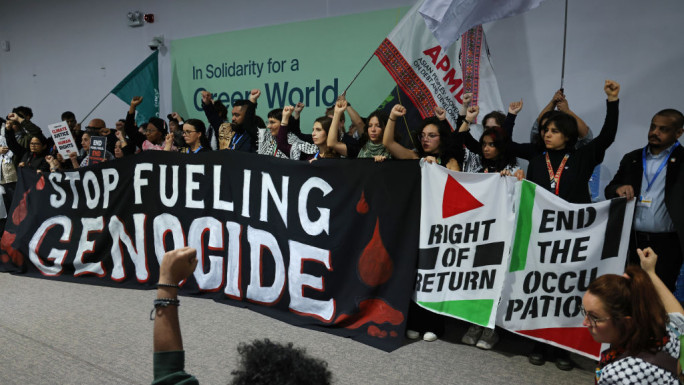

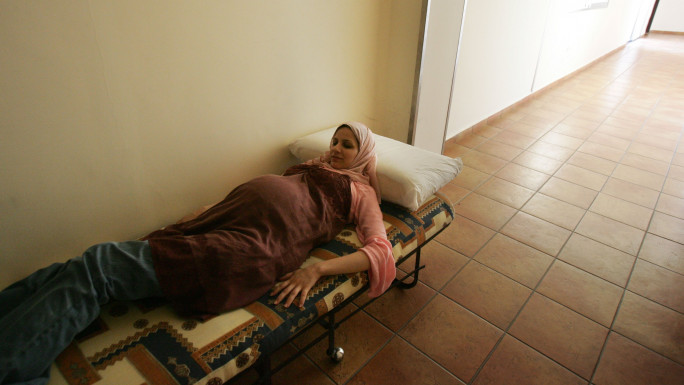
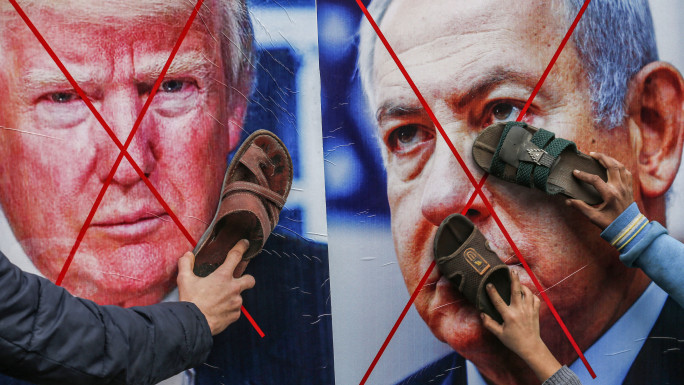
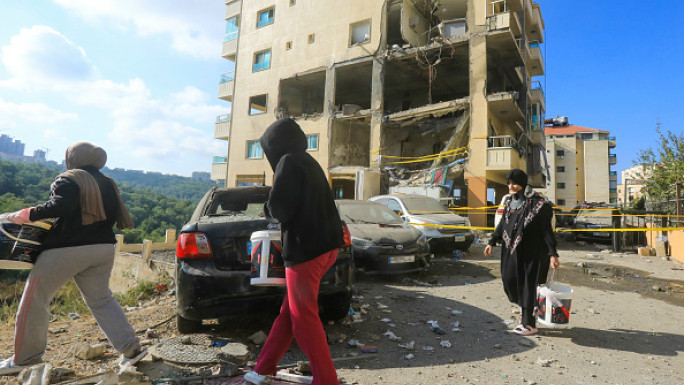
 Follow the Middle East's top stories in English at The New Arab on Google News
Follow the Middle East's top stories in English at The New Arab on Google News
![Gazans reel after Israel strike [Getty]](/sites/default/files/styles/image_330x185/public/2183300682.jpeg?h=a5f2f23a&itok=fN-GAQGE)

